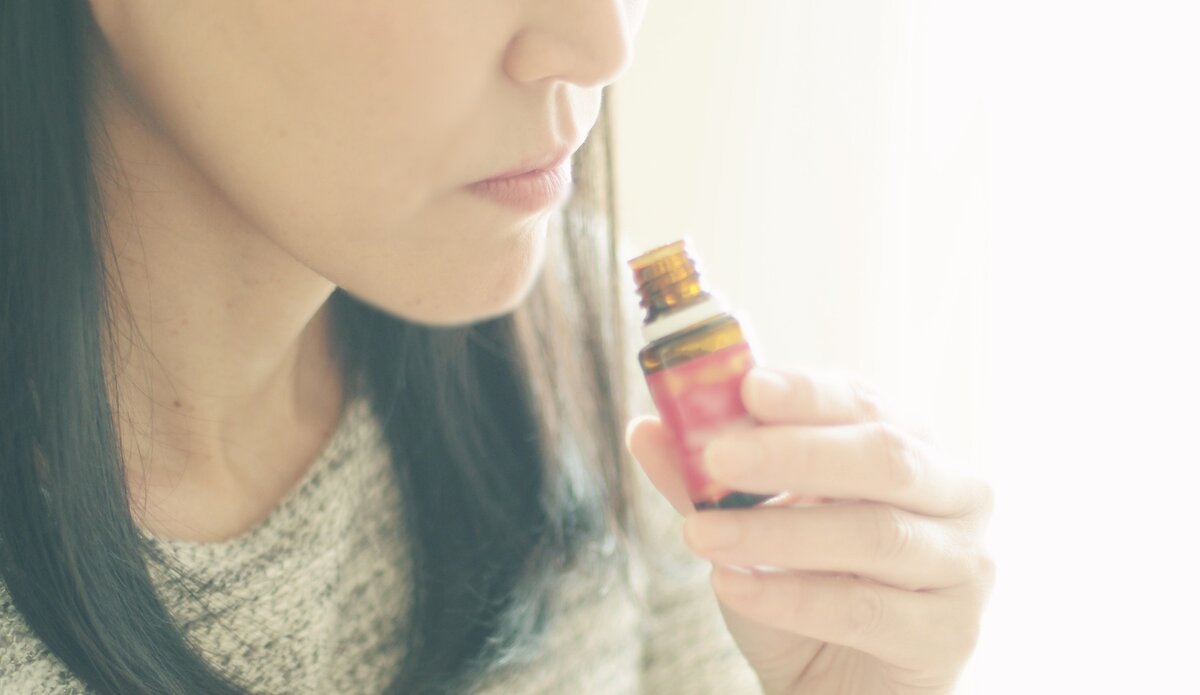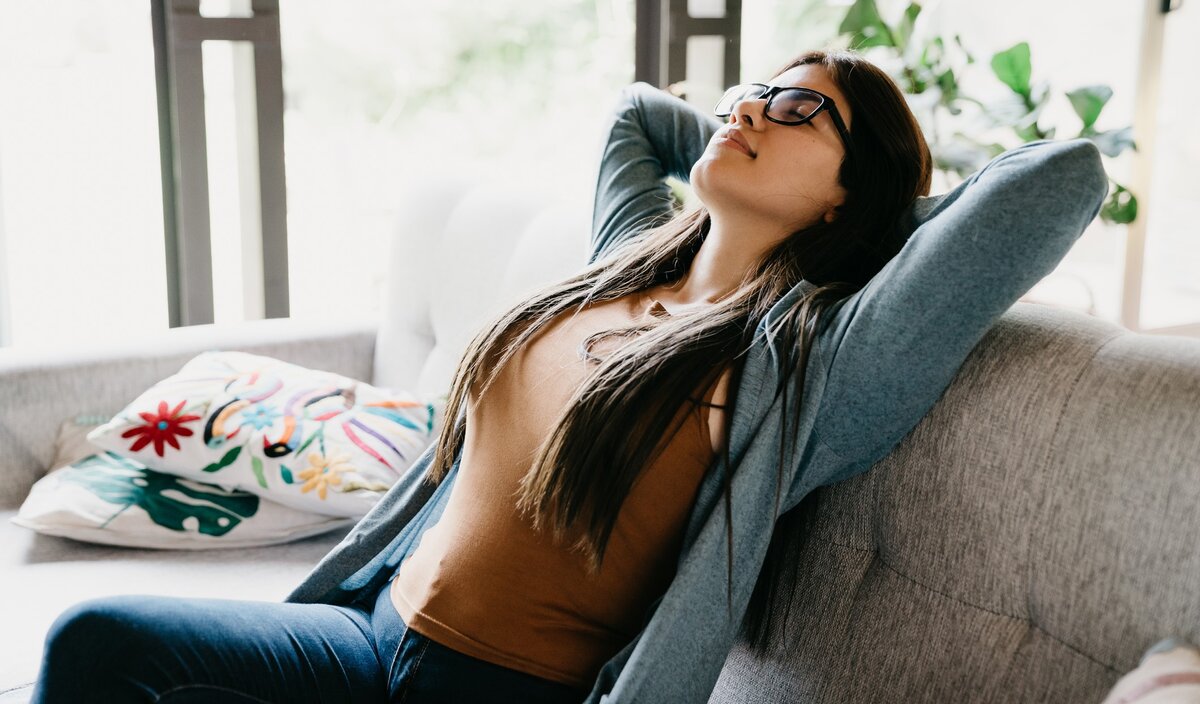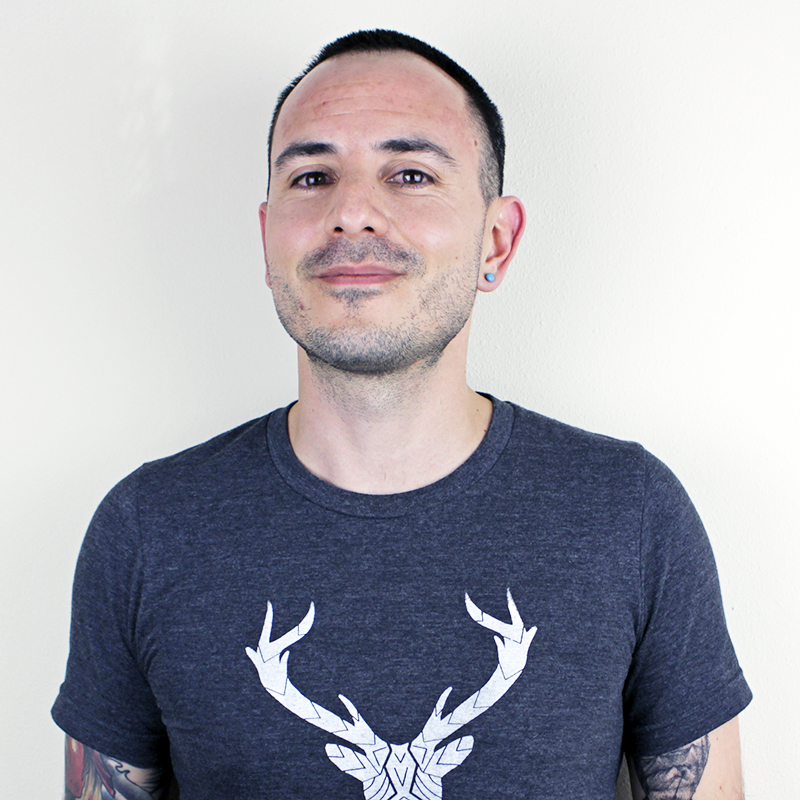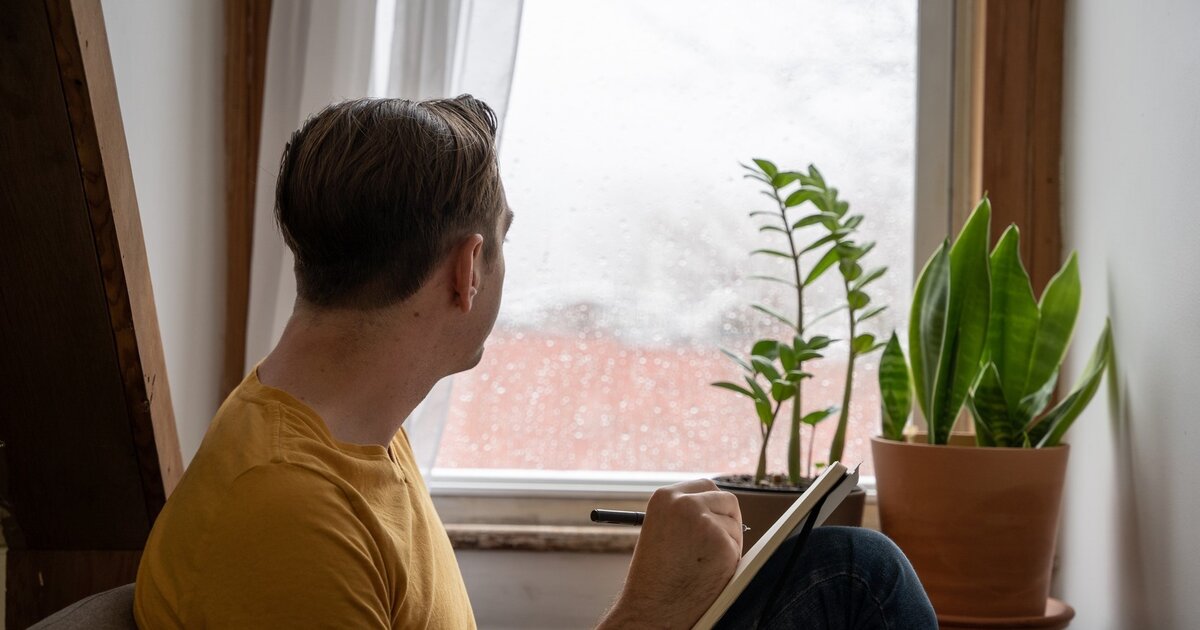Anxiety is something that everyone feels at one time or another. This is perfectly normal, and can be helpful in many day-to-day situations to help us push ourselves to meet our goals, do things we didn’t know we could do, and to stay alert. In fact, because ancient humans felt anxiety, it helped us survive as a species. It was very important for early humans to feel anxious and alert to many of the dangers of predators hunting them. Life has changed since those times, and unfortunately, what was beneficial to us in the past doesn’t always translate so well to the modern world. Anxiety can hinder our lives and, at its worst, become debilitating and lead to panic attacks and other serious conditions. This is why we seek out tips for dealing with anxiety so often.
A common misconception about anxiety is that it is just in someone’s head. In reality, there are very real physical reactions in a body from anxiety.
Some of these physical reactions may include:
- Sudden, intense feelings of fear
- Sweating
- Shaking
- Heart Palpitations
- Loss of Breath
- Rapid Breathing
- Dizziness
- Teeth Grinding
- Insomnia
- Gastrointestinal issues
- Depression
Many people are not aware that anxiety can have long-term effects on a body, especially when anxiousness is felt over long periods of time. Your immune system can be affected by anxiety and not work as well. You may also lose interest in sexual activities, and your body may be unable to perform sexual functions. Anxiety may even affect the health of your heart.
It is important to stop viewing anxiety as something that is not a serious health threat or something that you should be able to just get over. Fortunately, there are many things that you can do to quickly lower your anxiety level.
How Do You Self-Treat Anxiety?

However, there are things that you can do to lessen occasional anxiety or, if other help is needed, you can use these techniques in addition to your other treatments. Some of the ways to deal with anxiety are listed below.
Reflect On Your Thought Process
Looking at yourself and asking what is making you anxious can help identify thought patterns that can lead to anxiety.
You may ask yourself questions such as:
- What am I afraid of? If I take a step back, are these fears necessary for the situation I am facing?
- Am I having negative thoughts? When did I start thinking in negative terms?
- Is there something I can do to make myself feel control over the situation?
- Am I being fair to myself in my own thoughts?
- Would I judge someone else as harshly as I am judging myself?
Aromatherapy
Aromatherapy may help to relieve anxiety by activating receptors in your brain through your sense of smell. These receptors, when activated, are thought to lessen the effects of anxiety, both in your thoughts and physical reactions. Some essential oils may even slightly alter the body’s chemical makeup.
Some aromatherapy items that people use to ease anxiety include:
- Scented candles
- Incense
- Fresh flowers
- Essential oils
Essential oils are especially notable when it comes to aromatherapy. Many people have reported that they are calming agents and relieve many forms of anxiety, and some also claim that aromas can turn negative into positive thinking.
Although there is still much to learn about the links between essential oils and the easing of stress and anxiety, some essential oils commonly used include:
- Lavender
- Jasmine
- Valerian
- Sweet Basil
- Chamomile
- Marjoram
- Patchouli
- Clary Sage
- Frankincense
Everyone has their own preferences when it comes to aroma, so the first criteria for aromatherapy is to make sure the scent is pleasant to you. If someone recommends a scent that is said to relieve anxiety, but you find it unpleasant, it is better to try another option!
Journal
Getting your thoughts down on paper can often relieve stress. When you journal your thoughts, it can act as a catharsis and help you sort out your feelings. Furthermore, seeing these thoughts written down can help you investigate the causes of your anxiety. This may help you understand where you can make changes in your life to lessen the anxiety you are feeling.
Sometimes writing down a plan of action helps a person feel in control of their life. While we can’t stop the fact that there will always be things in our lives that cause anxiety, we can identify them and brainstorm ways to confront them.
Keeping a journal of your thoughts can also help you discover what triggers your anxiety. A trigger is something specific in your life that, when exposed to it, will cause an emotional response. When you are aware of what triggers anxiety in yourself, you can be prepared if that trigger happens to you. An example would be if you relate the smell with trauma. While you may not be able to avoid that smell, if you understand that trigger, you can tell yourself that that smell is causing your emotional response and have a plan of action to deal with it when it happens.
Limit Alcohol
Unfortunately, many people try to self-medicate their anxiety with alcohol use. This can be very detrimental to a person dealing with anxiety because, despite popular belief, alcohol can actually increase someone’s anxiety level. Furthermore, when the effects of the alcohol wear off, many people experience anxiety even worse than they had before the first drink.
Eat a Balanced Meal
When you are experiencing times of high anxiety and stress, you may find yourself skipping meals or eating an unhealthy diet. One step you can take is to eat a balanced meal full of healthy foods, fruits, and vegetables. It is also important to eat regularly, and on a schedule; missing many meals at a time can increase your anxiety levels and add to stress. It is also helpful to keep healthy snacks on hand. Sometimes, just getting some nutritional fuel in our stomach helps us get through situations that make us anxious.
How Do I Calm Anxiety?

Taking a Walk
Something as simple as taking a walk can decrease the amount of anxiety we feel on any given day. Getting outside also has been thought to ease anxiety. Even if you are able to go for a quick walk through a park or even down the street can help reset your thoughts.
Do Yoga or Exercise
Yoga and exercise are commonly suggested to help ease anxiety, and this is because our body reacts to physical exercise in many positive ways. Not only do these things release endorphins in our brains that help keep us happy and calm, it also helps us fall asleep at night.
Yoga can also help us let go of the thoughts that are worrying us and reset our bodies and minds to a state of calmness. There are many exercises and yoga activities you can do right in your home, and even small exercises for as little as 20 minutes a day can make a difference.
Call a Friend
Calling a friend is a great way to relieve your stress. Talking to a friend can help alleviate anxiety even when you don’t discuss the reasons that are making you anxious. In fact, it may be better to talk about things you and your friend enjoy instead of focusing on the negative.
How Can I Calm My Anxiety In 10 Seconds?

Taking one deep breath is a way to calm oneself in under 10 seconds. More focused breathing techniques can also be done in a small amount of time to have surprisingly helpful results. One popular breathing exercise is called the 4-7-8 Breathing Technique.
4-7-8 Breathing
The 4-7-8 Breathing is a simple technique that can be used to help relieve anxiety.
There are four steps:
- Exhale any air you have in your lungs slowly through your mouth.
- Count to four, while inhaling through your nose.
- Hold your breath for seven seconds.
- Open your mouth and exhale from it while you count to eight in your head.
You may continue this process for as many times as you need. Some people also find this process helpful while falling asleep.
Does CBD Help Anxiety?
While there is some evidence that suggests that Cannabidiol (CBD) may be helpful in treating anxiety, much more quality, peer-reviewed research is needed to explore this connection. To further complicate the matter, much CBD is not well regulated, and the quality and strength is not the same between products. It is always wise to discuss with your healthcare provider before using CBD.
When to Seek Professional Help for Anxiety
As stated above, some anxiety is normal and can even be helpful in our everyday lives, as it pushes us to reach our goals and get stuff done. However, if you suffer from long-term or debilitating amounts of anxiety, then professional help is likely needed. In fact, if your anxiety requires professional help and you try to self-treat it and fail, this may only add to your anxiety level and lead to feelings of failure and self-blame. If you need professional help, it is not your fault, and it is something that you should not have to deal with alone.
Watch this short video by Sage Neuroscience Center therapist, Stephanie, who shares 5 coping mechanisms you can use to help with your symptoms of anxiety.
If your anxiety is getting in the way of your day-to-day functioning, it may be a good idea to seek professional help. Anxiety disorders can be treated with talk therapy and/or medication.
The Sage Neuroscience Center believes in treating you as a unique person with unique needs and individualized treatments. We care about our patients and can offer you the tools and resources you need to treat your anxiety and ease the constant anxiousness you are feeling. Contact Sage Neuroscience today so you can learn more about our treatments and programs.
*Editor’s Note: This article was originally published Jan 7, 2019 and has been updated July 12, 2021.

Licensed Clinical Mental Health Counselor, DBT Therapist, and BHIOP Facilitator
Andres Duran, LPCC, is a clinical mental health counselor and clinical supervisor with Sage Neuroscience Center. He focuses his clinical work on the intersection of behaviorism and mindfulness striving to bring compassion and change to the individuals and couples he works with. He is endlessly curious, an avid reader, and a world traveler
Read Andres Duran’s Full Bio | Browse All Articles Written by Andres Duran, LPCC
